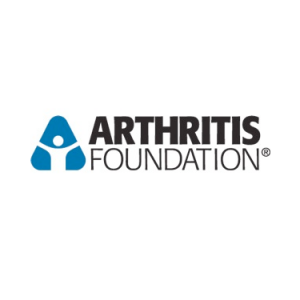 The Arthritis Foundation is supporting new bipartisan legislation recently introduced in the House of Representatives that will serve to address a concerning trend in the current health insurance market: moving vital medications into specific categories in which patients share a high part of the costs. If passed, the Patients’ Access to Treatments Act (PATA) of 2015 will make innovative and needed medications more easy to access by reducing excessive out-of-pocket expenses and will limit cost-sharing requirements for these medications. This new legislation could potentially positively impact the lives of those with rheumatoid arthritis.
The Arthritis Foundation is supporting new bipartisan legislation recently introduced in the House of Representatives that will serve to address a concerning trend in the current health insurance market: moving vital medications into specific categories in which patients share a high part of the costs. If passed, the Patients’ Access to Treatments Act (PATA) of 2015 will make innovative and needed medications more easy to access by reducing excessive out-of-pocket expenses and will limit cost-sharing requirements for these medications. This new legislation could potentially positively impact the lives of those with rheumatoid arthritis.
The Arthritis Foundation is the largest and most trusted nonprofit organization focused on addressing the needs of everyone living with arthritis, the number one leading cause of disability in the United States.
This specialty tiers of medications commonly ask for patients to pay a percentage of the cost of the drug from 25 to 50 percent or even higher, which can result in hundreds or thousands of dollars each month.
The innovative and new medications that enter the market often fall into these tiers. For those with arthritis, the majority of these new medications are biologics — a therapeutic innovation for those with autoimmune diseases like rheumatoid arthritis (RA). These medications are complex and made from living organisms that work by using the body’s immune system against the condition.
“A patient’s financial responsibility, or cost sharing, for a prescription medication should not be so large that it inappropriately restricts or interferes with medically-necessary use of medications. PATA would rein in high cost sharing for specialty medications, enabling more patients with chronic, disabling and life-threatening conditions, such as arthritis, to access and afford the treatments they need,” said Ann Palmer, CEO and president of the Arthritis Foundation.
Some patients suffering from arthritis have cost-sharing responsibilities for prescription drugs that can total over $1,500 per month, which can limit patients’ access to drugs. The higher the out-of-pocket costs, the less likely patients will have their medications on time. When a patient fails to adhere to a treatment plan because of poor access to medications disease can worsen, there are increased rates of disability, higher health care costs and decline in productivity, function and independence.
The hope is that the Patients’ Access to Treatments Act (PATA) will curtail some of these out-of-pocket costs for people with RA, going them easier access to cutting-edge therapies.


